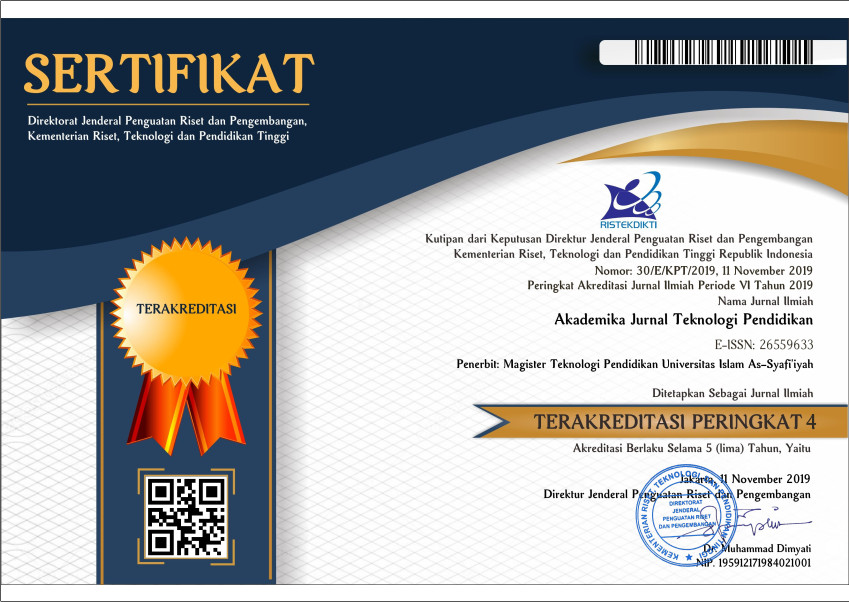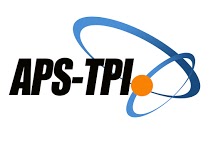IMPLEMENTATION OF COLT MODEL (TYPE STRUCTURED PROBLEM SOLVING) AND ITS EFFECT ON PROBLEM SOLVING ABILITY FOR HIGH SCHOOL STUDENTS
Abstract
Future education requires a pattern of education that is able to prepare generations who are able to face and adapt to the global community. The challenge requires a learning model that guides students to be able to think critically and be skilled in solving problems. This study aims to describe the application of the CoLT model in the learning process and find the superiority of the CoLT learning model to the ability to solve problems and prove whether this collaborative learning model is superior and in accordance with the
conditions and characteristics of students in East Kalimantan. The research method of this study was designed using quasi-experimental research methods (quasi experimental) with randomized pretest-posttest kontrol group design and survey methods to obtain qualitative data. The research subjects in this study were high school students of class XI IPS who were in Bontang, Mahulu, Kutai Kartanegara and Samarinda, each of the two classes as the experimental class and the kontrol class, so the total number was 8 classes, with a total
kontrol class of 122 respondents and experimental class 116 respondents. Research results show student response to the implementation of learning with the CoLT Model is very good, it is illustrated by the percentage of pleasure with the learning with a score of 84%, the responsibility in the excellent category is strengthened by the ability to interact with the group is also good, and the end result of the response learning achievement and performance improvement 83%. Based on the results of problem solving skills, class students who learn to use the CoLT model have higher abilities than students in the kontrol class who learn to use direct (traditional) learning models.
This work is licensed under a Creative Commons Attribution 4.0 International License.
Authors who publish with this journal agree to the following terms:
- Authors retain copyright and grant the journal right of first publication with the work simultaneously licensed under a Creative Commons Attribution License that allows others to share the work with an acknowledgement of the work's authorship and initial publication in this journal.
- Authors are able to enter into separate, additional contractual arrangements for the non-exclusive distribution of the journal's published version of the work (e.g., post it to an institutional repository or publish it in a book), with an acknowledgement of its initial publication in this journal.
- Authors are permitted and encouraged to post their work online (e.g., in institutional repositories or on their website) prior to and during the submission process, as it can lead to productive exchanges, as well as earlier and greater citation of published work (See The Effect of Open Access).









